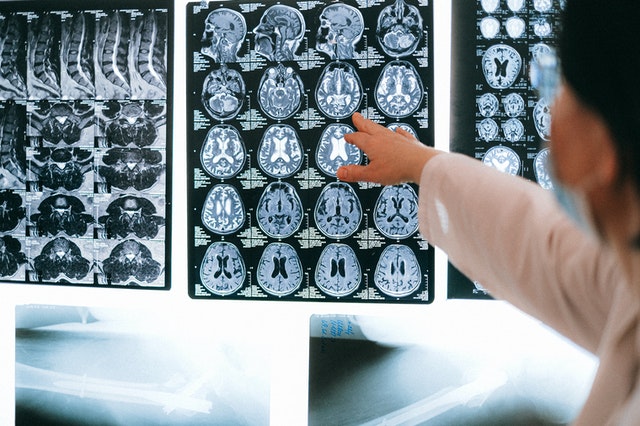Being involved in a car accident is bad enough, but what about the possible consequences to your health? If you’re lucky, you’ll walk away unscathed, but chances are you’ll suffer at least a minor personal injury. According to Transports Canada, 9,494 people suffered severe damage due to a car accident in 2018.
While there are many common injuries incurred from car accidents, one of the most severe is a neurological injury. These injuries are particularly insidious because the signs and symptoms often seem minor at first, but they can further lead to significant health complications.
Suppose you believe you or a loved one have suffered a neurological injury due to a car accident. In that case, there are several steps you can take to ensure physical and financial security.
Why See a Neurologist After a Car Accident?
It’s important to note that it’s difficult to receive coverage from your insurance company if you decline medical treatment after an accident. It may even be outright impossible to do, especially if you’re pursuing a settlement for your injuries. That’s why you should see a doctor as soon as possible after a car accident.
Even if you feel fine, minor injuries could indicate something worse. Plus, common sense dictates that the sooner you seek medical care, the faster you’re likely to recover.
A neurologist will notice any potential underlying issues and help determine a treatment plan that’s right for you. Untreated neurological damage is likely only to get worse over time. It can lead to chronic pain and degenerative illnesses, so it’s essential to seek medical care as soon as possible.
Neurological Problems After a Car Accident
Neurological injury is also known as traumatic brain injury or craniocerebral trauma. All these names refer to the same thing, though: injury caused by damage or trauma to the head or body.
Examples include:
- Neuropathy
- Caused by damage to the peripheral nervous system
- Common symptoms include numbness or pins and needles in the extremities.
- Radiculopathy
- Similar symptoms to neuropathy, but typically caused by spinal compression
- Head injuries
- Anything from a bump to forcefully hitting your head
- Signs and symptoms can range from headaches, vomiting, and fatigue to seizures, dilated pupils, and even clear liquid draining from the nose and ears.
- Trauma to the head and neck
- Whiplash is a typical example of this.
- Bruising of the brain or stretching and tearing of nerve fibres
- Symptoms including severe muscle pain or worse
Here at Diamond & Diamond Law, we’ve compiled a few tips to help you prevent car injuries.
Brain Injuries: Know the Types and Symptoms
Learn More About the Types and Symptoms of Brain Injuries
Treating Neurological Injuries After a Car Accident
Concussions are among the most common injuries sustained during a car accident, caused by a direct blow to the head. A mild concussion often leads to headaches and confusion, but these symptoms can disappear after a period of rest.
More severe concussion symptoms require consultation with a healthcare professional. It’s difficult to tell how severe a concussion is, so go to the hospital if you’re worried about any potential neurological damage.
Let Diamond & Diamond review the details of your car accident or injury, and discuss how we may assist you.
Contact a Personal Injury Lawyer
If you or a loved one is involved in a car accident and a neurological injury has been sustained, contact a Diamond & Diamond car accident lawyer. We’ll make sure you’re well presented and can help build a compelling case.
If you’d like a free consultation, we’re waiting to hear from you.
We also have tips for what to do if your insurance company denies your injury claim.














